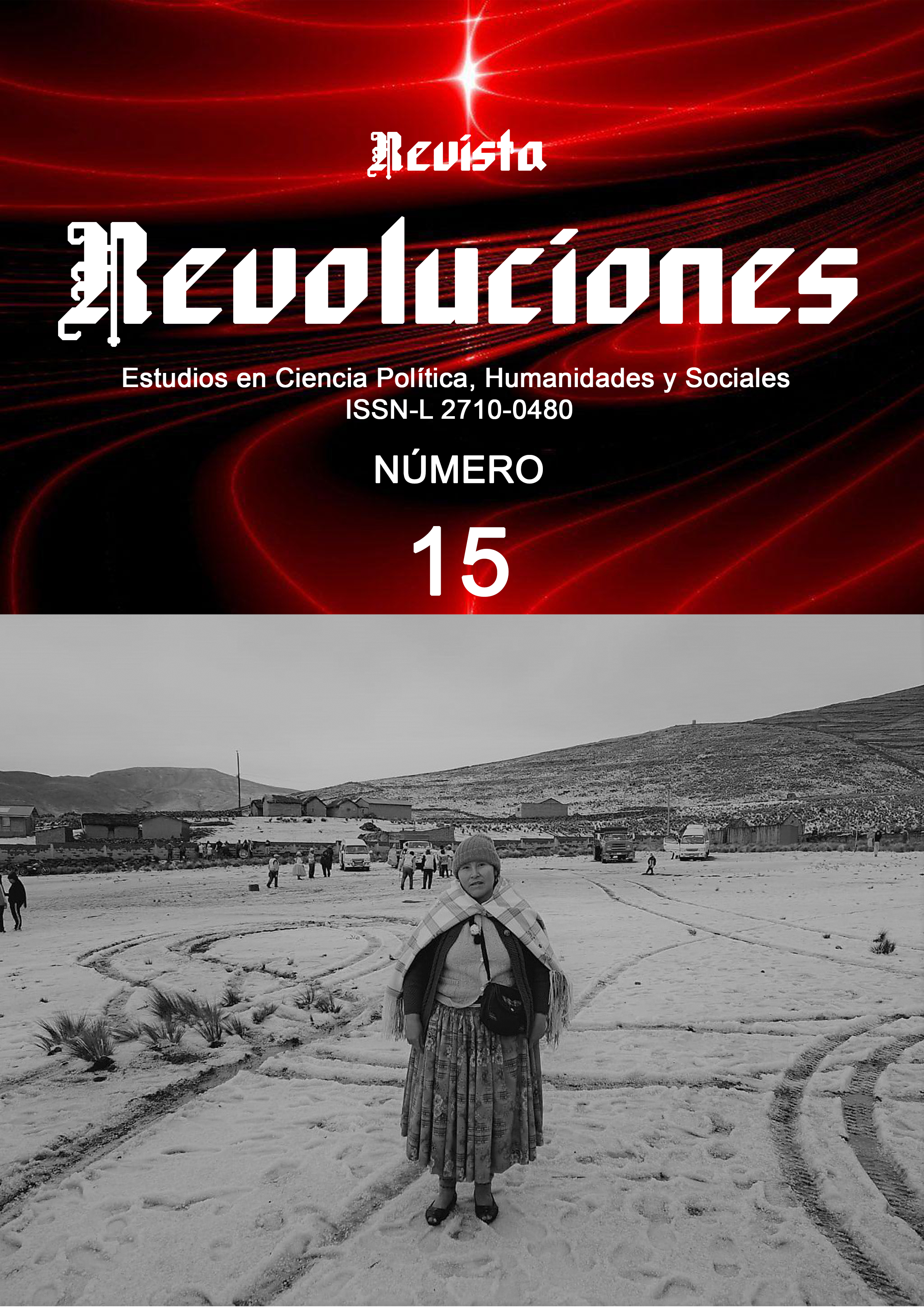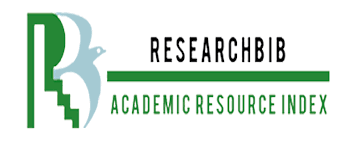Between Postcolonial Reflections and Urban Analysis: Urban Political Ecology in Athens, Guayaquil, and Mexico City
Between Postcolonial Reflections and Urban Analysis: Urban Political Ecology in Athens, Guayaquil, and Mexico City
DOI:
https://doi.org/10.35622/j.rr.2024.015.002Keywords:
Intellectual colonialism, Urban political ecology, Latin American urban studies, Water stressAbstract
In this article, we delved into the relevance of the Urban Political Ecology approach in the context of Latin American cities, framed within the discourse on 'colonized urban studies.' A comparison was drawn among three investigations conducted in different territories and urban contexts, adopting this socio-environmental research perspective but reflecting differences in the backgrounds, experiences, and positions of the respective researchers. M. Kaika, of Greek origin, focused on the analysis of water infrastructure in Athens, Greece; E. Swyngedouw, a Belgian scholar, addressed the process of urbanization and water supply deficiencies in Guayaquil, Ecuador; finally, F. de Alba, a Mexican researcher, examined water-related issues as complex matters in the metropolis of Mexico City.
Despite sharing urban political ecology as a common theoretical perspective, these three works underscore the particularities in the analysis of each city. The way each study approached the specific context, the authors' positionality, and the influence of other political, social, cultural, or environmental factors on the analysis of each city under this framework were evident. Ultimately, a fundamental question was raised about urban political ecology as a theoretical framework, exploring the possibility that it might stem from intellectual colonialism in the field of urban studies. It was concluded that these inquiries should consider the critical perspective and the inherent theoretical and methodological heterogeneity of this approach, emphasizing the need to meticulously examine its origins, applicability, and relevance in diverse contexts.
Downloads
Published
Issue
Section
License
Copyright (c) 2024 Dr. Felipe de Alba, Dr. Hugo Hernández-Gamboa (Autor/a)

This work is licensed under a Creative Commons Attribution 4.0 International License.




















